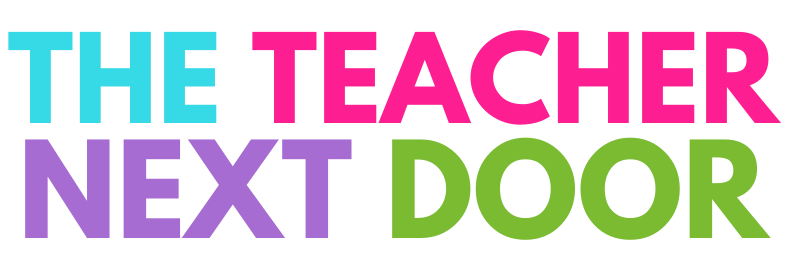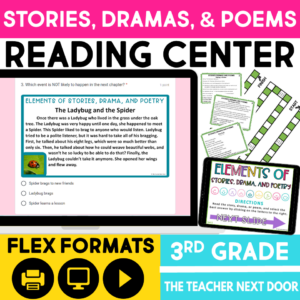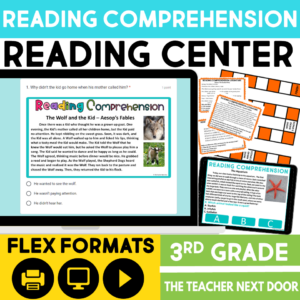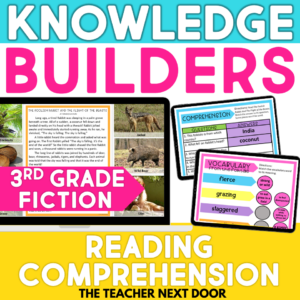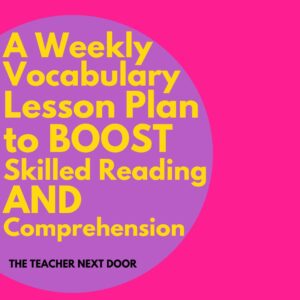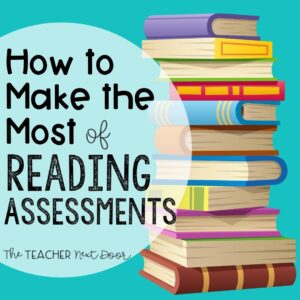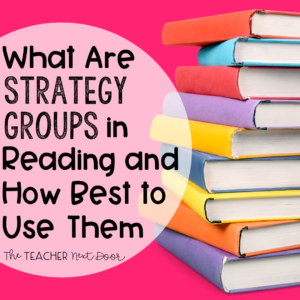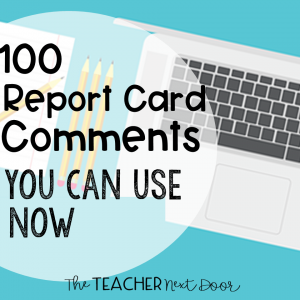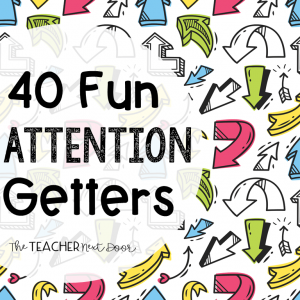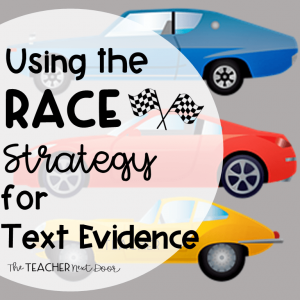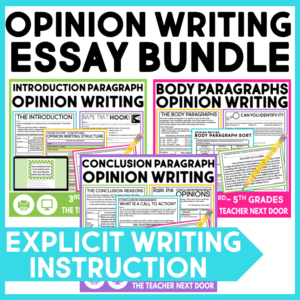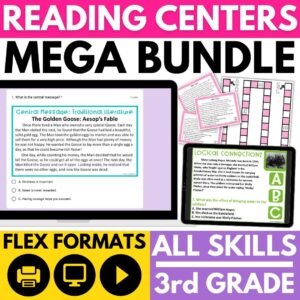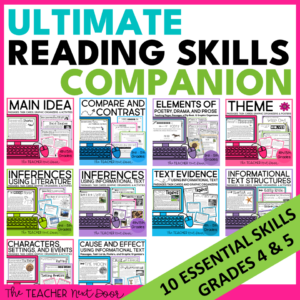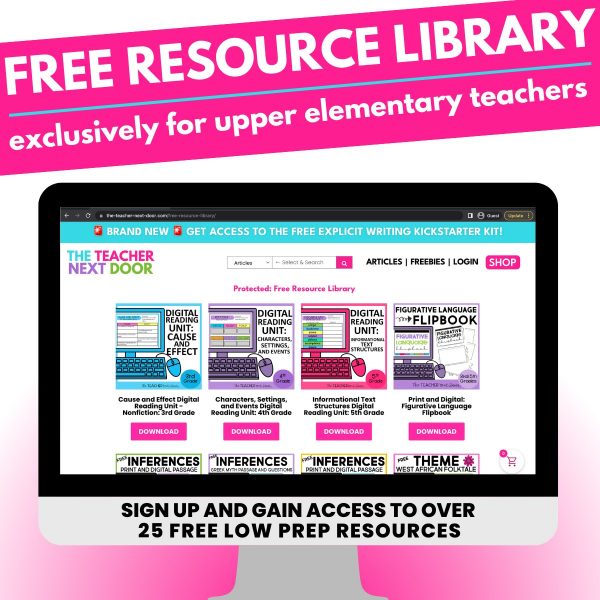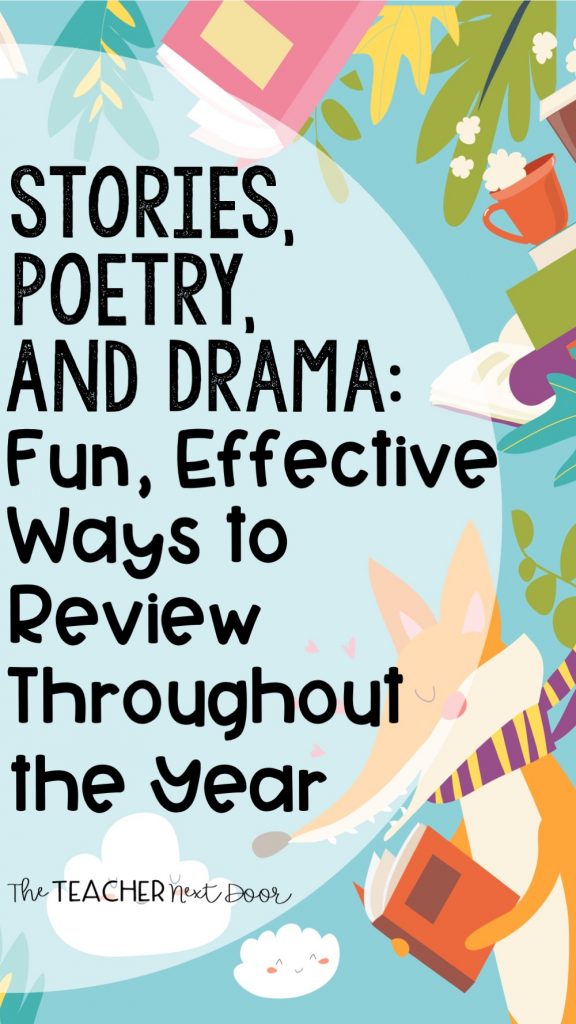
Stories, Poetry, & Drama: Fun, Effective Ways to Review Throughout the Year
Imagine…you reach the end of your fiction reading unit, your students have worked hard on comprehension skills for (what feels like) so many different types of literature. All of the same old-same old strategies are starting to feel a little stale.
Keeping students engaged and excited about literature is getting harder and harder every day.
I have good news for you, my friend! It’s time to cover one of the most engaging reading standards of the year, reading and comprehending different types of literature! Stories, drama, poetry- it’s all fair game!
Let’s face it, between state testing, assessments for grading, and actually trying to make sure students master the things we as teachers know are critical, we aren’t always able to cover all of the literature types as in-depth as we’d like. (I’m looking at you, poetry).
This is your opportunity to circle back to all of the comprehension strategies that you have covered throughout the year, and use them to understand different types of literature (and as we all know, variety often equals ENGAGEMENT).
Keep reading to find out some of my very favorite activities to do with this fun, robust skill.
Getting Started
A good way to start is by doing a quick overview of each literature type. What are the most important terms and structures that students need to understand?
Some ideas to get you started:
- Poetry- lines, stanzas, rhyme, theme, imagery
- Stories- characters, setting, plot, theme, problem/solution
- Drama- dialogue, stage directions, scene, setting, characters
Incorporate Different Content Areas
Another excellent way to approach this standard is to ask students to incorporate other content areas, like science or social studies. If you are one of the many teachers who struggles to fit these topics in, this is a good chance to have students research and share what they learn. They could write a play about a historical event or person, or a collection of poems about a science topic.
If you are lucky enough to have ample time for science and social studies, this would be a great way to have kids sum up what they have learned about these topics.
Students as Authors
Another super fun idea is to ask the students to be authors of these various types of literature. Kids don’t often get the chance to write poetry or plays at school, so this can be novel and exciting!
You could even take it a step further and allow students to perform their poetry for the class, or put on a production of the plays they write. (I can’t think of a better way to motivate a 3rd grader!)
Struggling Readers
In a perfect world, students will be able to complete these various comprehension tasks independently, with little to no support from you. However, we all know our world is far from perfect; there WILL be students who are still struggling.
As the year comes to a close, the reality might be setting in that not EVERY student will end the year at grade level. What you CAN do is definitely give them a bit more practice to help them get that much closer to the end-of-year goal.
Resources
If (or should I say when) you find that you have students in need of extra comprehension practice, check out these three resources.
Elements of Stories, Drama, and Poetry Center has three formats (print, Google Forms, and Interactive PDFs) to give your students practice they’ll enjoy!
Reading Comprehension Using Literature Game includes comprehension practice with stories, mini-dramas, and poetry using a fun game format.
Reading Comprehension for 3rd Grade Google Slides comes in a digital format, with interactive moveable pieces. It’s highly engaging and includes questions related to vocabulary, comprehension, sequencing, and more.
These activities are both great works well for literacy centers, one on one work, whole-class games, and for test prep.
A Quick Note About Text Complexity
Discussion of comprehension of these different types of texts often goes hand in hand with a discussion of text complexity.
You might be surprised to learn that over the last fifty years, the complexity of text that adults need to read for college, work, and other life tasks has been getting harder.
At the same time, the complexity level of texts that elementary students are expected to read has actually decreased!
(If you are like me, this might sound totally backward! You can check out some of the research for yourself here.)
As elementary school teachers, we need to be ready to correct this however we can. This means providing a variety of complex literature for students to read and also giving them a ton of opportunities to strengthen their comprehension skills.
Thanks for reading!
Jenn

